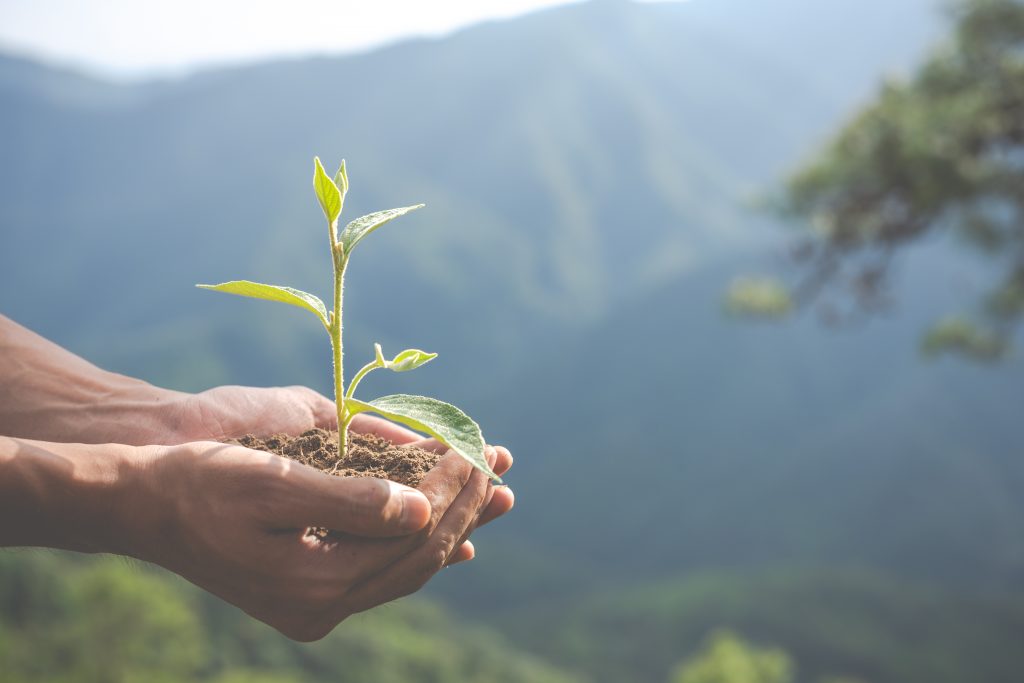Andalucía, located in the southern coast of Spain, has the foundations to become a National Hub.

10th April
The community lays the foundations to position themselves as a Spanish benchmark in R&D and base its economic growth on knowledge. The innovative fabric of Andalusia has become one of the main pillars to face the recovery of the region after the crisis generated by the pandemic.
The Andalusian Minister of Economic Transformation, Industry, Knowledge and Universities, Rogelio Velasco, has made clear during this last year the importance of betting on a model of economic development based on knowledge and innovation, and to promote R&D as a lever of change.
A strategy for which the government has made available to universities and public and private entities, 238 million euros in aid. The purpose is to reinforce a fabric that already has strong points, but that needs to be reassessed to adapt to the current situation full of changes.
Today, this innovative ecosystem has the support of 10 public universities, nearly 30,000 researchers and 2,291 research groups. Many of them are distributed in the 11 technology parks that the community houses, with more than 1,300 companies installed, as well as in its 18 technology centers.
Among the most important is the Málaga TechPark, more than 220 hectares that houses 621 companies and 20,345 workers of more than 30 nationalities. Its contribution to the city’s GDP adds to 20%.
As explained by its general director, Felipe Romera, this institution “wants to compete with other European poles”, with a model that bases a good part of its operation on collaboration to boost the activity of innovative companies related to artificial intelligence, blockchain or cybersecurity. The University of Malaga is one of its main partners, which also has a predominant role in the use of these technologies.
Thus, Málaga TechPark “trains and offers qualified personnel to companies that need it”, he says. Similarly, he adds, “the joint projects between the university and the companies have the Ricardo Valle Institute of Innovation (IRV) as an intermediate body in the management of infrastructures and researchers in the city.”
In Romera’s opinion, the international visibility of the center, “the positive mood of the city” and the enjoyment of the support of associations such as the International Science and Technology Parks and Innovation Areas (IASP, for its acronym in English) make it a key model of innovation that “should be extrapolated to other provinces”



